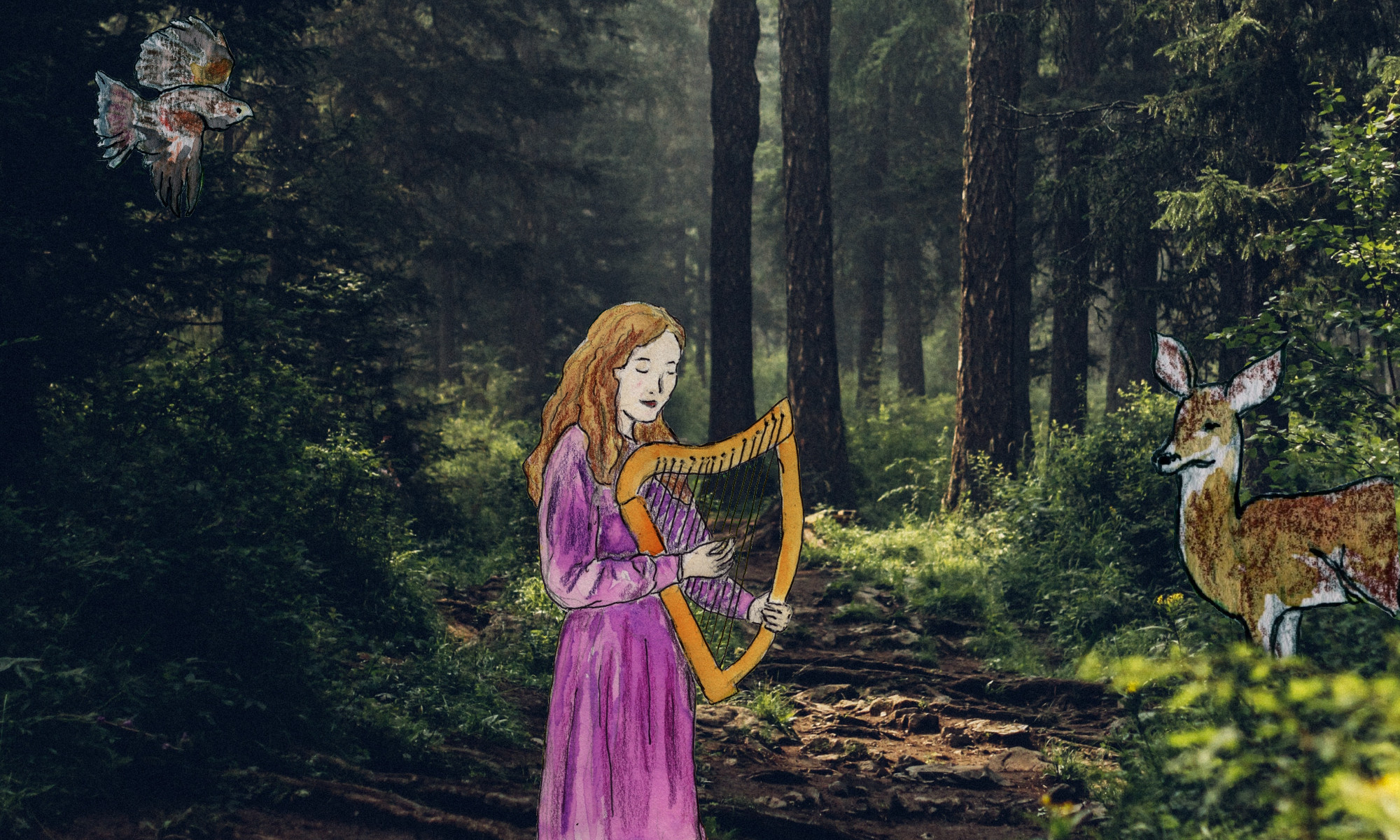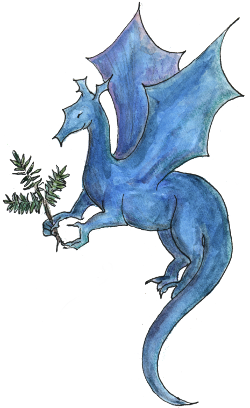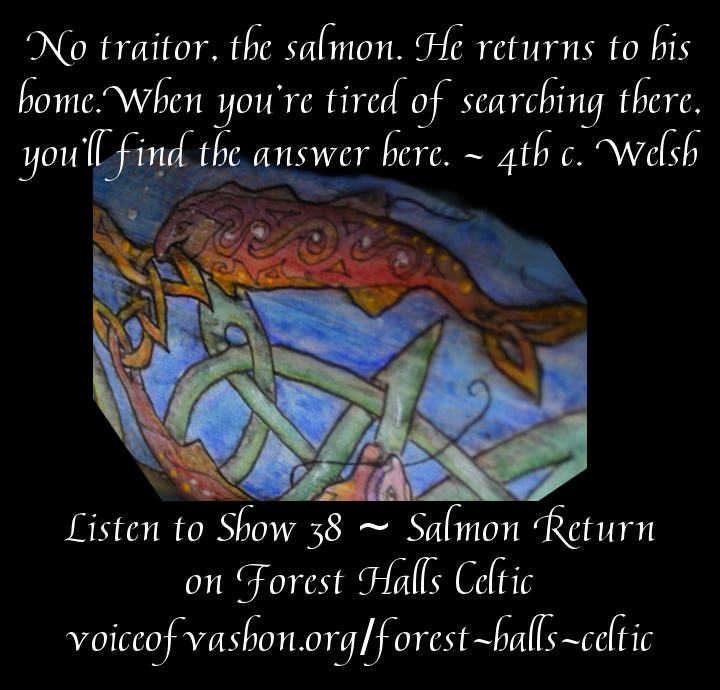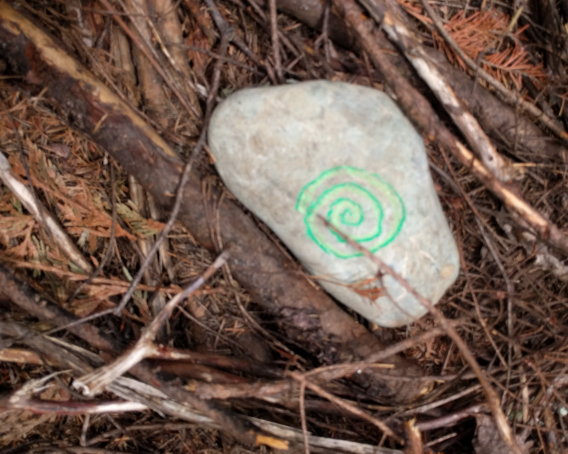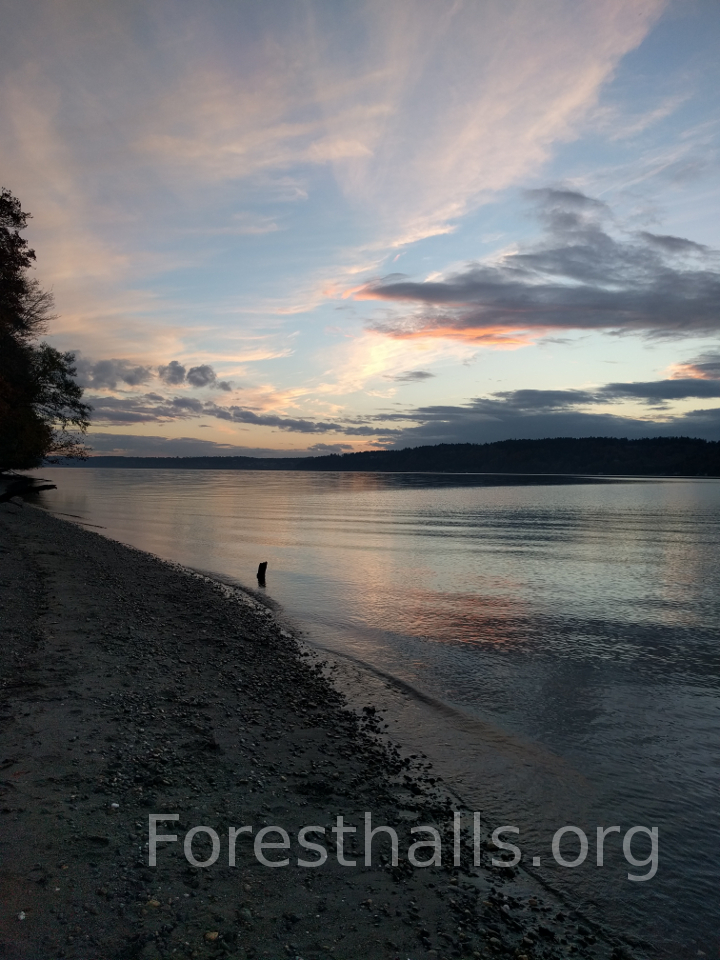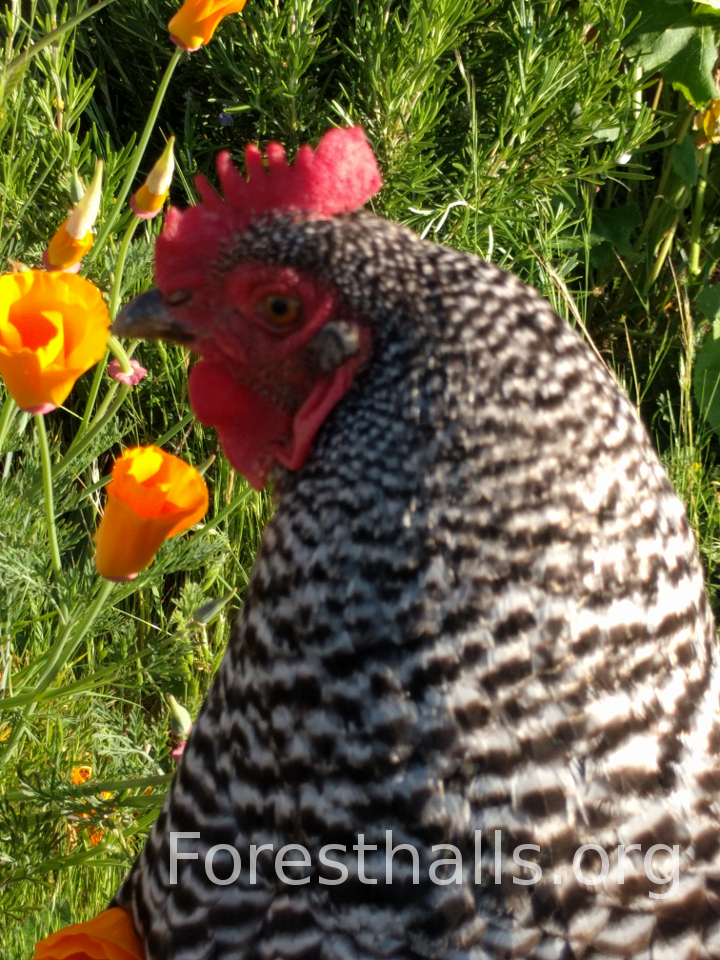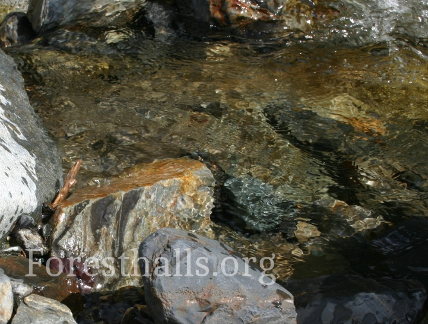 What do you find yourself doing when you time and space open for you, after you’ve rested and when you feel you have choice?
What do you find yourself doing when you time and space open for you, after you’ve rested and when you feel you have choice?
For a number of years I immersed myself in herbal study, thinking, dreaming, experiencing the plants. I still do that, but in a more relaxed fashion — not “by the book,” but following where my sensibilities swim, flowing with questions I ask of myself and directly of the plants.
The fierce studying and grasping for understanding that used to be part and parcel of my herbal learning has ignited in working with languages. For the past two years I’ve been learning Lushootseed, the language of the indigenous peoples of the Salish Sea (Puget Sound, WA), and the language of the island on which I live. I’m still very much a beginner, but certain elements are feeling much more familiar, the sounds, much more natural. I find myself excited when I hear the sounds of the language mirroring the sounds of the landscape: the glottal voices of Raven, and the swish and swirl of the saltwater and rivers. I glimpse at times how this rich language is an expression, flow, and outbreath of a people in a place, this place.
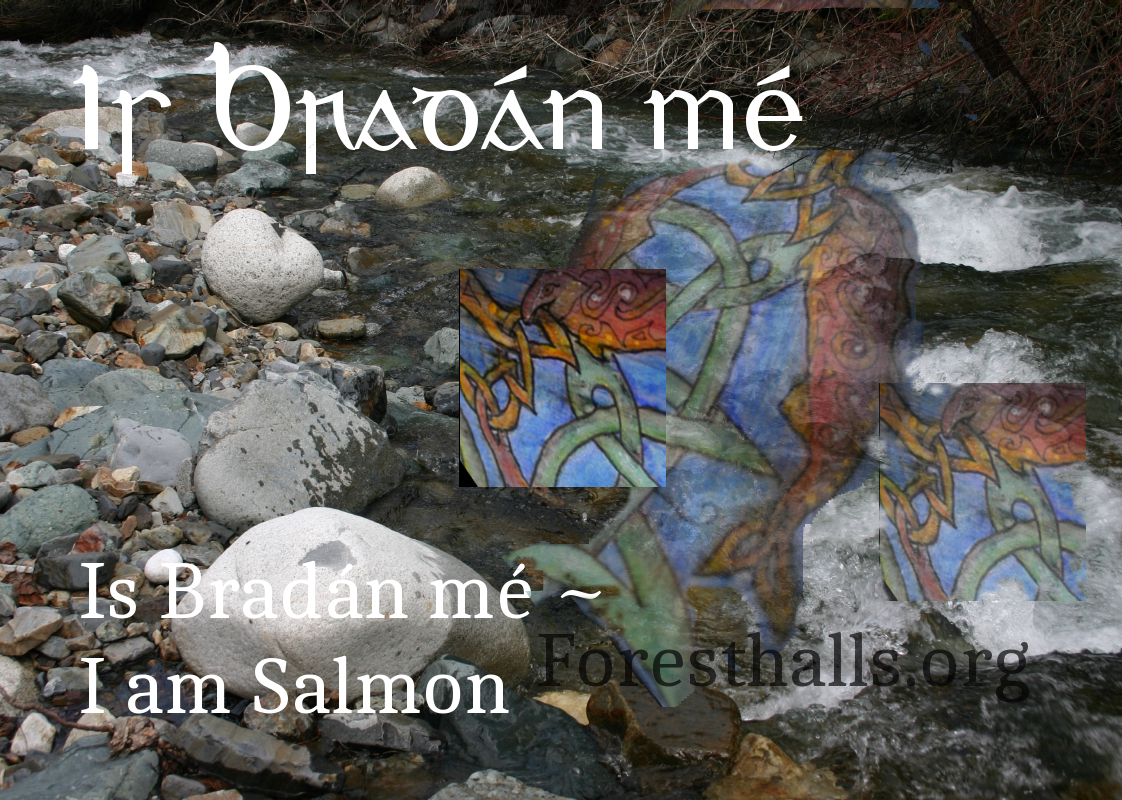
And now I’m studying Irish, and finding it similar and different from my other immersions in languages. The water is chaotic as I struggle to grasp enough of the sound of the language, the grammar, and some basic words to feel I have some clarity and calm to surge forward. I wonder why I’m leaping into these waters when I am simultaneously learning Lushootseed, when I could be creating art, or when I could be pulling more stories together. But here I am, on my holiday break, attempting to hurl myself up the rapids. My drive is fueled by several things — a desire to pronounce Irish more accurately on my radio show, and to sing and say names more accurately, but mostly because Irish is one of my “mother tongues.” It is one language stream that my ancestors spoke. As someone who has been immersed in Celtic lore and music since I was a teen, it seems more than time to “return home” in this way.
As I struggle with Irish, I find more peace with Lushootseed. I find myself in some calm eddy with this language, sensing a mystery and magic with the sounds and their meaning. With each phrase or syllable I learn by heart, I feel as if the plants, and animals, the people, and this land, and the activity and movement around me are revealing something more of themselves, and my salmon-self is richer for it.
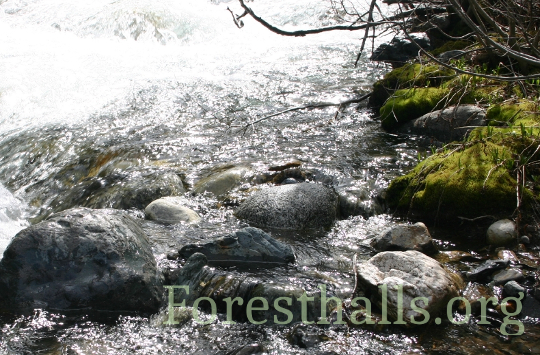
And so I follow my salmon, feasting on the nutrients in the waters and in the small beings — sounds, thoughts, new ways of mind — that I absorb. The journey at times feels foolish and cycling nowhere. Other times it feels heroic: that by catching words that have been suppressed, forgotten, or deemed irrelevant (I include many dialectic and ancestral forms of English in my play with languages) I can help restore other ways of perceiving the nature of our world, ways that make a difference for a better one, and our feeling at home in it.
For a sense of what this may mean, take a look at this article in The Irish Times:
A magical vision is hidden in the Irish language – we need to rediscover it. A single word can unlock the richness in our lives, landscapes and ways of seeing
And also, take note of Richard MacFarlane and Jackie Morris’ The Lost Words: a Spell Book, written and illustrated in response to noted dictionary eliminating many nature words, such as acorn and wren, from their dictionary for children, deeming these words irrelevant to modern times. MacFarlane and Morris also have a CD of songs inspired by some of these words/beings, called The Lost Words: Spell Songs. I regularly play these songs on my radio show, Forest Halls Celtic.
In following my salmon, I find new ways to venture into the enormous ocean and currents of meaning that shine forth for me, and to make the vigorous journey upstream, attempting to bring these wonders home in some small way.
What “salmon” are alive in your curious and questing nature? Have languages ever called you into strange and exciting waters? What passions are you now following? What is the journey like for you? What is calling you home?
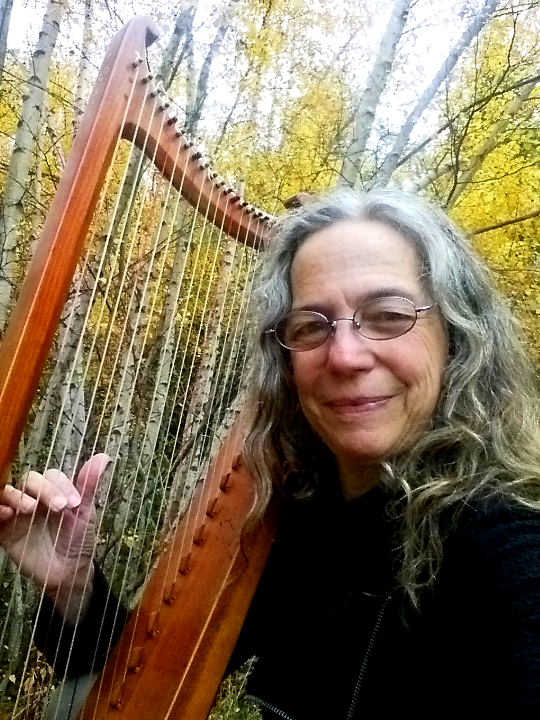
To experience Salmon wisdom in story, song, harp music, folklore and more, you can listen to Forest Halls Celtic Show 38: Salmon Return on demand for the next two weeks. You’ll find some lovely and lively waters in which to swim, including a beautiful poem-song, spoken in Irish by Irish singer-songwriter Lasairfhíona Ní Chonaola 11:38 minutes into the show.
